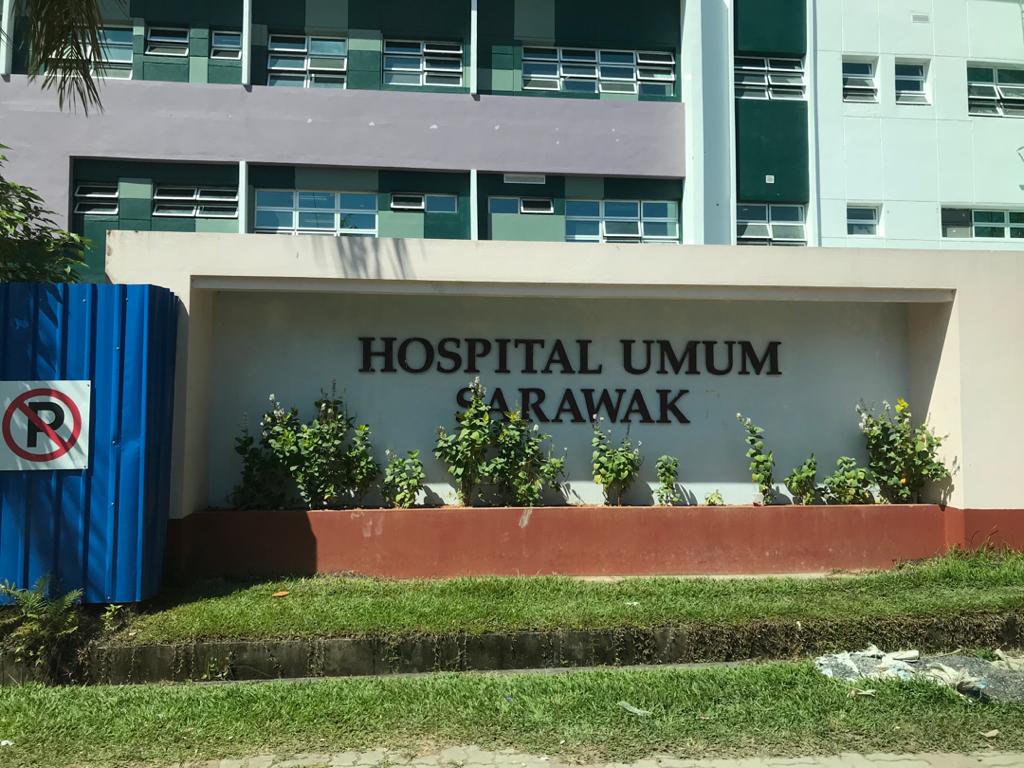
16 Aug Expert: Malaysia Needs More Early Cancer Clinical Trials
KUALA LUMPUR, Nov 30 — A medical oncologist has urged the government to improve national policies on clinical research to increase early trials in line with developed nations, particularly in oncology.
Dr Voon Pei Jye, a medical oncologist in Sarawak General Hospital (SGH), said Malaysia should further enhance and implement a national policy on clinical trials, strengthen the drug development value chain, continue developing human capital in the sector, formulate adaptive regulatory reforms, as well as reinforce strategic alliance and networking.
“Ultimately, building and nurturing a robust clinical research ecosystem is dependent on the understanding of cancer biology and applying therapeutics with an eventual goal to provide high quality cancer care to patients.
“Before the globalisation era, the majority of the oncology clinical trials involving human beings were actively conducted in Western countries as these countries have been equipped well with physical and manpower resources,” Dr Voon said in a webinar titled “Early Phase Drug Development in Malaysia: Where Are We?” organised by Clinical Research Malaysia on October 21.
However, globalisation has paved the way for Asian countries to gradually develop their own oncology clinical trials.
Dr Voon added that from 2012 to 2020, a total of 1,591 industry-sponsored clinical trials have been conducted in Ministry of Health (MOH) facilities nationwide.
“I want to highlight that oncology is actually the top medical field, with the most clinical trials being conducted or so initiated with 17 per cent in 2020 in all MOH facilities.”
At the same time, Dr Voon, who noted available local literature, said that limited Phase One oncology clinical trials were published from 2011 until 2020, with the majority of Malaysian published trials consisting of Phase Two and Three.
“These published papers mainly involved clinical trials of breast and lung cancers in Malaysia, revealing the gaps in the early phase of oncology clinical trials.”
Clinical trials — which test new drugs, already approved medicines, devices or other treatments — typically consist of three to four phases. Phase One studies of a new drug, which carry the highest potential risk, are usually the first to involve humans, with safety as the main concern. Phase One trials usually include a small number of people at up to a few dozen.
Phase Two clinical trials on cancer look at whether a new drug, which is found to be safe in Phase One, is effective, depending on the goal of the treatment. Phase Three trials compare the effectiveness and safety of new treatments, which are found to be effective in Phase Two, compared to the current standard treatment.
Phase Three studies mostly include at least several hundred patients and are often conducted in many places in a country or globally. Applications for regulatory approval of the new drug are usually submitted after Phase Two or Three trials show that it is more effective or safer than current treatment. Phase Four clinical trials — often the safest type of clinical trial — examine approved drugs for safety over time or at other aspects of treatment, like quality of life or cost effectiveness.
Dr Voon said that South Korea, Japan, China, Taiwan and Singapore are some of the leading Asian countries in conducting early oncology trials.
According to Dr Voon, before 2017, China also faced a lot of challenges, such as longer drug regulatory approval compared to other countries, poor data quality, repetitive study designs in Phase One trials, and inequality in the geographical distribution of study sites.
However, China rectified these problems as the country’s prioritisation and drug regulatory saw a reformation in 2017. China gradually started to improve its collaboration with regulatory peers in the United States and Europe via educational events. China also sourced funding support for the drug discovery process.
Gradually, China saw an increase of 102 per cent in the number of Phase One oncology trials. China shifted its focus from generic drugs to innovative drugs, as well as on research and development.
The vast majority of Phase One oncology clinical trials in China were funded by Chinese biopharmaceutical companies.
“So what they have done, the major takeaway is, I think the most important, probably is a government commitment and the prioritisation and the regulatory reform in 2017,” Dr Voon said.
“I think Malaysia is also facing the same challenges as China and it is good for us to learn from China.”
Essentially, Dr Voon said that Malaysia is focusing on developing Phase One clinical trial guidelines, improving human capital and capability development, as well as site preparation and risk management.
SGH, a public hospital, is accredited by the National Pharmaceutical Regulatory Agency (NPRA) as a Phase One unit.
“SGH is a major medical centre with ready access to large patient populations. Its clinical trial centre is equipped with comprehensive clinical trial facilities and operated by well trained scientific and medical staff,” said Dr Voon.
Reference Link :- Expert: Malaysia Needs More Early Cancer Clinical Trials





Sorry, the comment form is closed at this time.